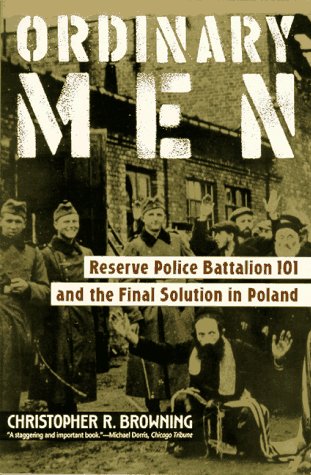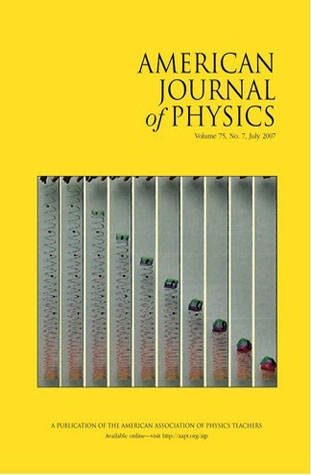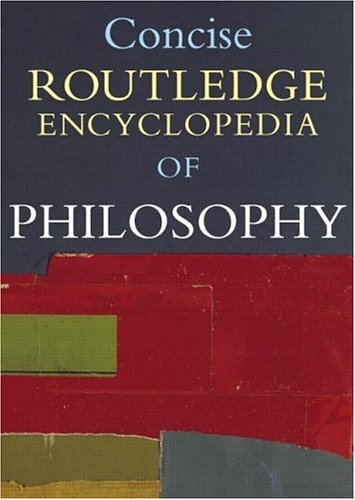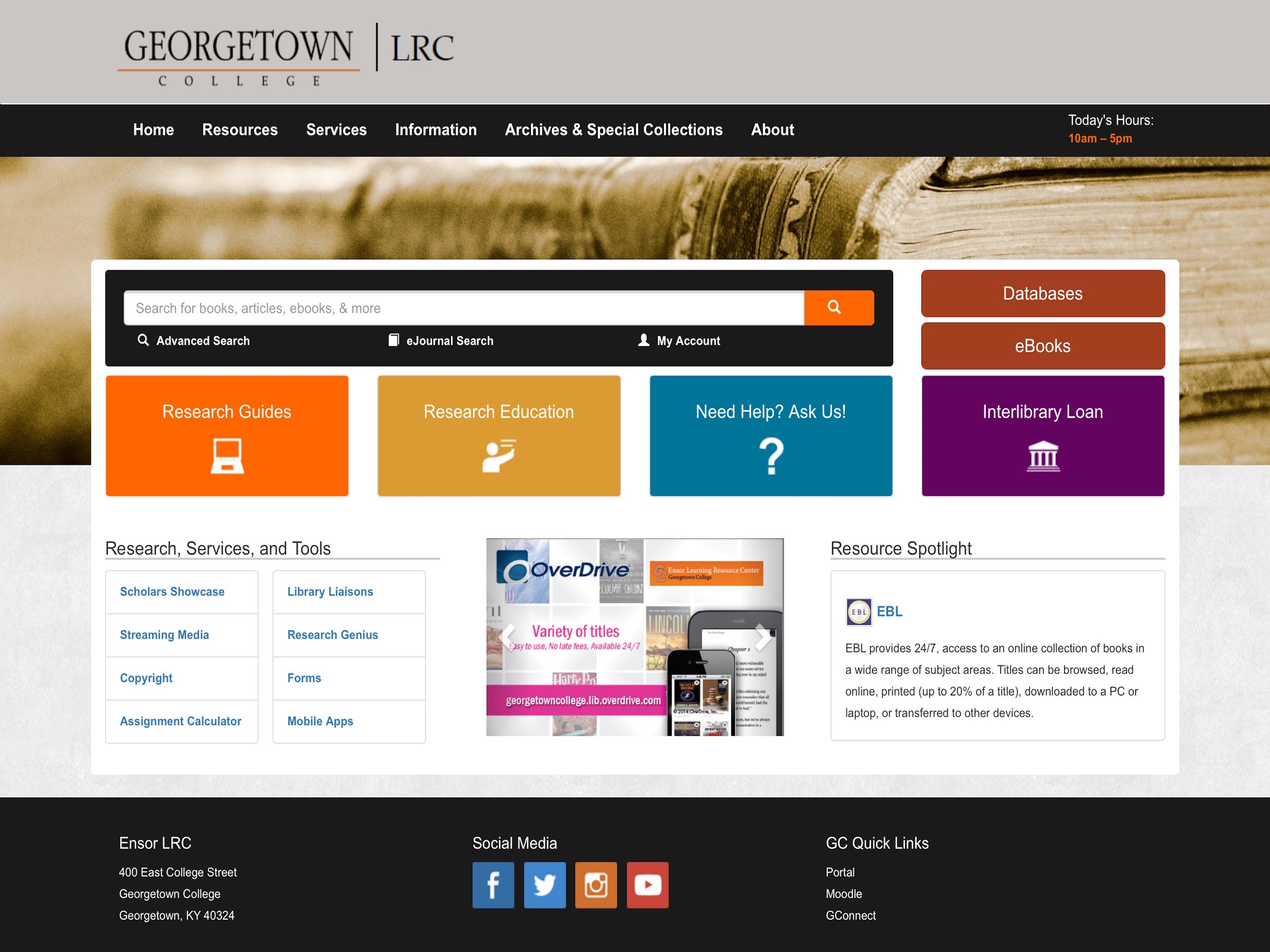Intro to Academic Research
Need Help? Ask Us!
Need Help? Ask Us!
Chat with a Librarian
Chat with Us!
Text Us
Text (502) 799-4094 to get live help on your mobile phone (available during reference hours, Sunday 1:00pm-8:00pm and Monday-Thursday 11:00am-8:00pm)
Schedule an Appointment
Select a time to meet with a librarian for one-on-one research assistance with a member of our research team.
Call Us
Research Desk: (502) 863-8401
Circulation Desk: (502) 863-8400
Email Us
Email our Research Team with your question.
Information can come from virtually anywhere — media, personal experiences, books, journals, magaizines, expert opinions, encyclopedias, the news, and websites — and the type of information you will be searching for will depend on the question you are trying to answer. Listed below are a variety of different source types that you may run into when doing research. It is important to understand the differences (and similarities) between them, and when to use them. If you have any questions you can always Ask-A-Librarian!
- About:
» Books and eBooks provide in depth coverage of a subject and are a great resource for research. They're not as current as journal articles, but like journals they provide citations and bibliographies which can be used to identify other resources. - When to Use:
» To put your topic in context with other important issues
» When looking for a lot of information on a topic
» To find historical information
- Examples:
» Ransom, revenge, and heroic identity in the Iliad by Donna F. Wilson
» A Passion for Nature: The Life of John Muir by Donald Worster
» The social animal by Elliot Aronson

- About:
» Magazines are collections of articles and images about diverse topics of popular interest and current events. - When to Use:
» To find information or opinions about popular culture
» To find up-to-date information about current events
» To find general articles about the topic - Examples:
» National Geographic
» Sports Illstrated
» People

- About:
Academic journals are publications that are published and issued at fixed intervals (e.g. weekly, monthly, and yearly). Academics, scholars, researchers and other experts in the field often publish in academic (otherwise known as scholarly) journals. Academic journals tend to focus on a specific area or discipline and are published more frequently than books. Articles published in these journals are supported by references to other scholarly material, and are often review by other experts in the field. This is known a peer-review. - When to Use:
» To find what has been written and researched on your topic
» To find additional resources and references in the bibliographies
» To find current information on yout topic - Examples:
» Journal of Counseling Psychology
» Journal of Modern History
» American Journal of Political Science

- About:
A database contains citations of articles in magazines, journals, and newspapers. Some databases contain abstracts or brief summaries of the articles, while other databases contain complete, full-text articles. - When to Use:
» When you want to find abstracts, citations, and/or full-text articles on your topic from magazines, journals, and newspapers - Examples:
» Academic Search Complete
» JSTOR
» Newsbank

- About:
Newspaper articles are usually published daily about current events and developments. They are great sources of local information. - When to Use:
» To find information about international, national, regional, and local events
» To find editorials, commentaries, popular, and expert opinions - Examples:
» Lexington Herald-Leader
» New York Times
» Washington Post

- About:
Reference materials (such as dictionaries, encyclopaedias, yearbooks, biographies, directories and atlases) can be used to find facts, figures, addresses, statistics, definitions and dates. They're good sources of factual and statistical information, and sources like encyclopaedias can give an overview of a topic. - When to Use:
» To find background information on a topic
» To find key concepts, ideas, and important dates
- Examples:
» Encyclopedia Britanica
» Kentucky African American Encyclopedia
» Credo Reference

- About:
Information on the Internet is mostly distributed through websites. Websites are accessed through a browser and vary widely in the content provided as well as the quality and validity of the information and sources. - When to Use:
» To find current information
» To find quick facts on a topic
» To find government information from all levels (local to federal)
» To find popular and expert opinions - Examples:
» http://libguides.georgetowncollege.edu/LRC
» https://www.google.com/
» https://www.wikipedia.org/


